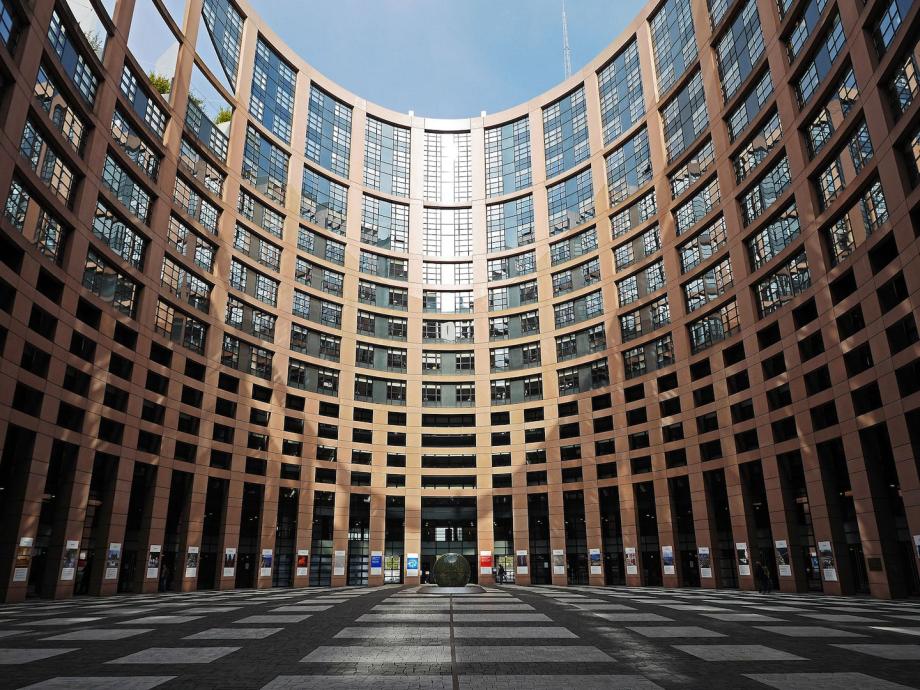Reflections on the Informal European Council Summit

On 23 February 2018 EU leaders held an informal meeting in Brussels to discuss key institutional issues and EU’s long-term budget in the post-Brexit block. The top issues on the agenda were the composition of the European Parliament after next year’s elections, the “Spitzenkandidaten” procedure and the Multiannual financial framework. In addition to these main topics, the leaders also discussed Brexit, and Turkey and Syria-related issues.
With regard to Brexit, the Council confirmed that new negotiation guidelines on the future EU-UK relationship will be produced in March. Furthermore, President of the European Council Donald Tusk repeated that it had been clear from the very beginning that “no cherry picking and no single market à la carte” could be applied to the UK in the Brexit negotiations.
Institutional issues
The first key institutional question was the composition of the European Parliament after Brexit. The leaders agreed on a reduction of seats in the Parliament from 751 to 705, which means that after the 2019 election, following the end of the Brexit negotiations, the size of the EP will shrink. The EU leaders did not give the green light to the idea of transnational electoral lists of candidates (which would imply voting for a candidate regardless his/her nationality), but they decided to come back to this issue later (with a view to the elections in 2024). Disagreement among the leaders and the lack of time for a proper implementation of the transnational lists - an idea promoted by europhile Emmanuel Macron - were the main causes of postponing the idea of pan-European voting. It has been stressed that the new procedure would require much more time to work out the details, and that the implementation of transnational lists would have to be agreed upon on the EU level. That means the European Parliamentary Elections due next spring will take place without any significant procedural changes.
The second key institutional topic was the “Spitzenkandidaten” procedure, which refers to the election of the President of the European Commission. The leaders decided that the European Council cannot guarantee in advance that following the 2019 elections, it will propose one of the Spizenkandidaten for President of the European Commission. This procedure was implemented only once - in the previous elections, when Jean-Claude Juncker became the President of the Commission. The debate is likely to continue even after the EP elections since the treaties are not clear on this issue, and differences in opinion among the Member States but also among the EU institutions remain.
The logic behind this procedure is that every political party in the EP nominates a Spitzenkandidat (a top candidate). This candidate campaigns in every European member state (as opposed to other candidates) and he/she also takes part in television debates. The aim is to bring the candidate closer to the EU citizens on the international level. Following the elections, the party that gains the highest number of seats in the parliament puts its top candidate forward as the new Head of the Commission. The European Parliament as well as the European Council still vote to confirm the position, but the point is that the initiative comes from the European Parliament, with a direct vote of European citizens. This is the point the leaders do not agree on: who should propose the President? - the European Parliament or the European Council?
The leaders also applauded President Macron, who proposed bottom-up “citizen consultations” on the future of Europe to involve European citizens more and make the EU more democratic. So far every member state except for Hungary has agreed to join the initiative. Consultations are due to start in May this year and are likely to continue until the EP elections.
Other topics of discussion: Turkey, Syria, Brexit and citizen consultations
Other issues discussed during the Summit included Turkish violations in the Eastern Mediterranean and the Aegean, with their navy vessels present in the area threatening to use force due to its interest in the area’s natural resources. The leaders agreed that in accordance with the EU and international law (including the UN Convention on the Law of the Sea), Turkey should stop its illegal activities and respect the right of the sovereign Republic of Cyprus to explore and exploit the natural resources of its territory. Turkey claims the right to access those resources on behalf of Turkish Cypriots living on the island. This is a key issue because Turkey is obliged to keep and normalise its relations with member states in order to continue the accession talks.
The leaders also pointed out the need to urge the Assad regime in Syria, as well as its backers Russia and Iran, to implement a ceasefire to stop hurting innocent civilians and to immediately provide humanitarian assistance to those in need.